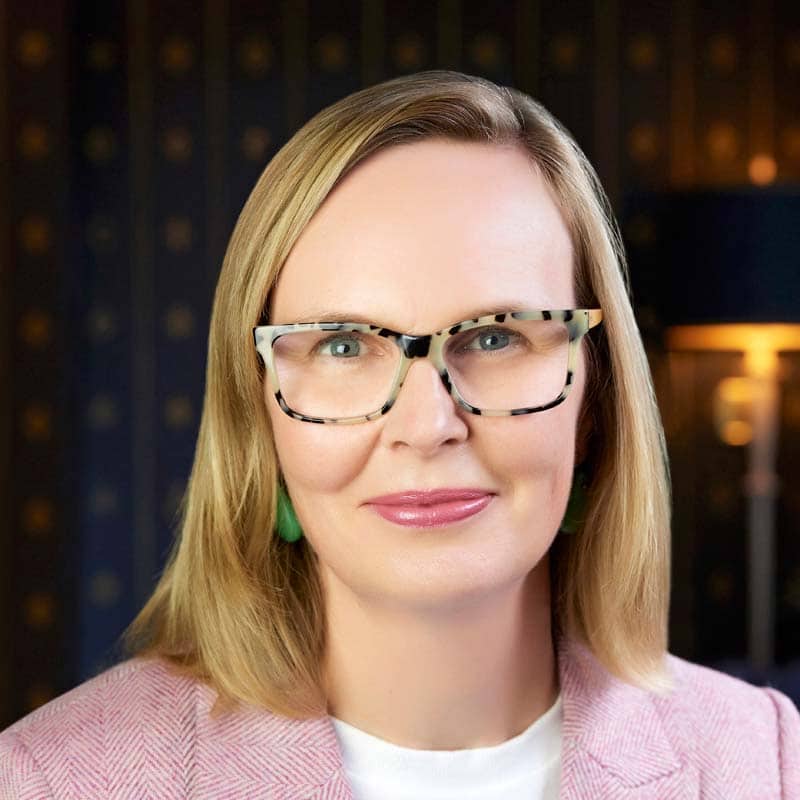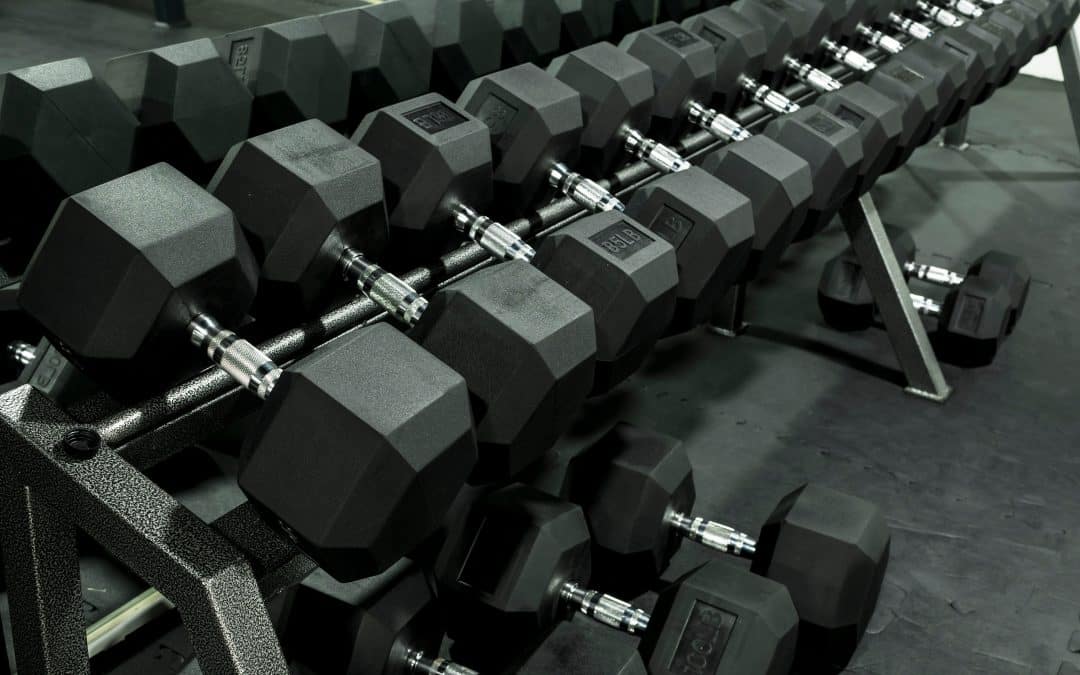F45 Training Pty Ltd v Body Fit Training Company Pty Ltd (No 2) [2022] FCA 96
Date:
Court:
Judge:
15 February 2022
Federal Court of Australia
Nicholas J
Background
F45 Training Pty Ltd (F45) sued Body Fit Training Company Pty Ltd (Body Fit) for infringement of two innovation patents directed to remote configuration and operation of fitness studios from a central server (Patents). The two patents were virtually identical.
Body Fit denied infringement and sought revocation of the Patents on the basis that there was no manner of manufacture, the Patents each being for an unpatentable method or scheme implemented using general purpose computers.
Key Issues
Body Fit asserted that the invention consisted of a computer implemented scheme or business method aimed at maintaining the interest and motivation of users in their exercise routines and was not directed to any technical problem in the field of computer technology. Rather, the invention was directed to improvements in the management and operation of fitness studios by the use of generic computer technology. They relied on the recent Full Federal Court decisions in this area including Commissioner of Patents v RPL Central Pty Ltd (2015) 238 FCR 27, Research Affiliates LLC v Commissioner of Patents (2014) 227 FCR 378, Encompass Corporation Pty Ltd v InfoTrack Pty Ltd (2019) 372 ALR 646 and Commissioner of Patents v Rokt Pte Ltd (2020) 277 FCR 267.
F45 relied on the formulation of a ‘manner of manufacture’ in National Research Development Corporation v Commissioner of Patents (1959) 102 CLR 252 (NRDC) and claimed that the invention gave rise to an artificially created state of affairs of economic
significance or utility in a field of economic endeavour, the latter requirement being reflected in what was said by F45 to be the “remarkable success” of both F45 and Body Fit in using the invention. It further claimed that the invention is properly characterised as a technological innovation: a method or system in the nature of a combination of interacting elements involving a computer system to achieve a result or outcome of economic utility. Further, the claimed method is tied to the doing of physical things and the creation of a physical or tangible result (ie. the physical configuration of the exercise stations) that extends beyond the physical effect inherent in any computerised process, resulting in the required “artificially created state of affairs”.
The case was heard prior to the Full Court decisions in Commissioner of Patents v Aristocrat Technologies Australia Pty Ltd [2021] FCAFC 202 (Aristocrat) and Repipe Pty Ltd v Commissioner of Patents [2021] FCAFC 223 being handed down (and the subsequent High Court decision in Aristocrat). Interestingly neither party sought to make further submissions in light of those decisions.
The infringement issues required determination of the correct construction of a number of terms in the claims, on the basis of ordinary principles. Claim 1 required that a studio information program file be retrieved by a server from a database (“a pre-prepared multi-period fitness library comprising a succession of studio information program files”) that is then communicated, by the server, to a studio computer. Body Fit argued that there are no “studio information program files” stored on the Body Fit Server nor any pre-prepared library of such files, and that the Body Fit files are not communicated by the Body Fit server to the studio computers.
Outcome
Nicholas J dealt with the validity issue in relatively short order, finding that neither of the Patents was for a manner of manufacture. The key points set out in the judgment are:
- F45 did not contend that the invention provided a solution to any technological problem, that it represented an advance in computer technology or that it involved any unusual technical effect due to the way in which the relevant computer technology was utilised. The invention is carried out using generic computing technology facilitating communications between a server with access to a database of files and one or more studio computers which in turn communicate with displays located at the various exercise stations.
- The physical effects relied upon by F45 are those achieved using a computer implemented scheme for the configuration of exercise stations. The substance of the invention resides not in the actual physical arrangement of the exercise stations but in the computer implemented scheme which enables those physical arrangements to be made.
- The authorities make clear that the demonstration of a “physical effect” does not necessarily mean that an invention satisfies the NRDC requirement that the invention result in an “artificially created state of affairs”.
- The mere fact that the invention contemplates that exercise stations be physically configured with fitness equipment is not in itself sufficient to result in the required “artificially created state of affairs” any more than would a scheme for the layout or configuration of a sports field or children’s playground which is changed periodically to take account of the seasons. It is the kind of scheme that has “historically never been regarded as patentable subject matter”. The scheme is not made patentable merely because it is implemented using generic computing technology.
Despite finding that the Patents were invalid, his Honour held that even if the Patents were valid, Body Fit did not infringe by the operation of its competitor business. Justice Nicholas held that the way in which the information was retrieved and communicated by the Body Fit system was not the same as the method claimed in F45’s Patents.
Implications
As noted by his Honour in the judgment, the alleged invention in this case seems a classic ‘scheme’ considered unpatentable under Australian law. As such, it was not necessary for Nicholas J to delve in any detail into any of the more vexed questions of the patentability of computer implemented inventions dealt with in the authorities he referred to, and most recently considered by the High Court (in a 3:3 split decision) in Aristocrat Technologies Australia Pty Ltd v Commissioner of Patents [2022] HCA 29 discussed at page 32.
F45 appealed the decision to the Full Federal Court in March 2022, however the matter settled in January 2023.
About Pearce IP
Pearce IP is a boutique firm offering intellectual property specialist lawyers, patent attorneys and trade mark attorneys to the pharmaceutical, biopharmaceutical and life sciences industries. Pearce IP is the 2021 ‘Intellectual Property Team of the Year’ (Lawyers Weekly Australian Law Awards) and was shortlisted for the same award in 2022. Pearce IP is ranked in IAM Patent 1000 and Managing IP (MIP) IP Stars, in Australasian Lawyer 5 Star Awards as a ‘5 Star’ firm, and the Legal 500 APAC Guide for Intellectual Property. Pearce IP leaders are well recognised as leading IP practitioners.
Our leaders have been recognised in virtually every notable IP listing for their legal, patent and trade mark excellence including: IAM Patent 1000, IAM Strategy 300, MIP IP Stars, Doyles Guide, WIPR Leaders, 5 Star IP Lawyers, Women in Law Awards – Partner of the Year, Best Lawyers and Australasian Lawyer 5 Star Awards, Women in Business Law Awards – Patent Lawyer of the Year (Asia Pacific), Most Influential Lawyers (Changemaker), among other awards.

Naomi Pearce
CEO, Executive Lawyer (AU, NZ), Patent Attorney (AU, NZ) & Trade Mark Attorney (AU)
Naomi is the founder of Pearce IP, and is one of Australia’s leading IP practitioners. Naomi is a market leading, strategic, commercially astute, patent lawyer, patent attorney and trade mark attorney, with over 25 years’ experience, and a background in molecular biology/biochemistry. Ranked in virtually every notable legal directory, highly regarded by peers and clients, with a background in molecular biology, Naomi is renown for her successful and elegant IP/legal strategies.
Among other awards, Naomi is ranked in Chambers, IAM Patent 1000, IAM Strategy 300, is a MIP “Patent Star”, and is recognised as a WIPR Leader for patents and trade marks. Naomi is the 2023 Lawyers Weekly “IP Partner of the Year”, the 2022 Lexology client choice award recipient for Life Sciences, the 2022 Asia Pacific Women in Business Law “Patent Lawyer of the Year” and the 2021 Lawyers Weekly Women in Law SME “Partner of the Year”. Naomi is the founder of Pearce IP, which commenced in 2017 and won 2021 “IP Team of the Year” at the Australian Law Awards.

Kate Legge
Special Counsel, Lawyer
Kate is an experienced IP and patent lawyer, providing IP leadership for pharmaceutical product development and commercialisation in global markets – from initial scoping through to post-launch.
She has developed and implemented global IP strategies over more than 15 years at multi-national pharmaceutical companies. She is an Australian qualified and registered legal practitioner, and has a Master’s degree in IP Law and a BSc in biochemistry.

